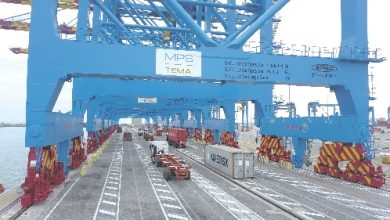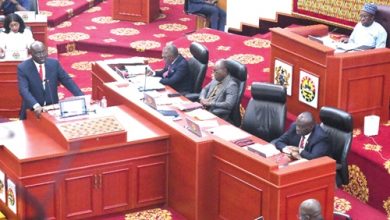Teachers In Afram Plains Struggle With Poor School Infrastructure
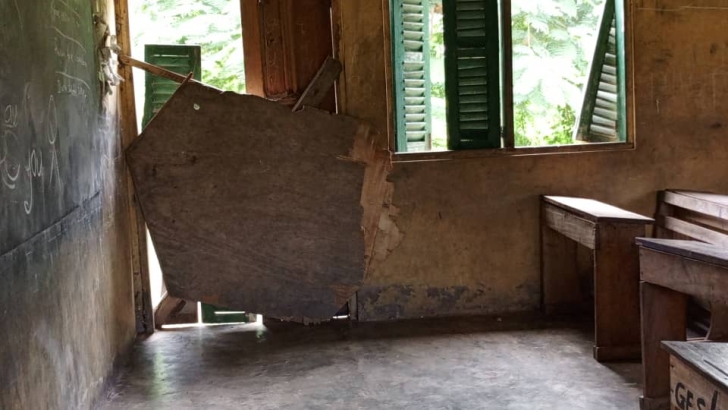
The amount of money the government spends on school infrastructure, especially in rural areas, has drawn criticism.
One of the most urgent issues is the dearth of suitable accommodations for teachers in underprivileged areas, which drives many educators to leave their positions in underserved districts and results in a severe teacher shortage.
A prime illustration of the problem is the Samso District Assembly Basic School in the Ashanti Region’s Sekyere Afram Plains District.
Teachers assigned to the school find it difficult to obtain acceptable housing, and those who want to stay put up with cramped, run-down living arrangements.
There are numerous professors sharing tiny rooms in dilapidated, bat-infested accommodations.
Others have been forced to sleep and cook in the classrooms where they teach because they have nowhere else to go.
Many of the instructors expressed their extreme dissatisfaction and sadness with the treatment of teachers in rural Ghana, even though none of them dared to speak on camera for fear of reprisals.
“We are facing serious challenges here. There’s no proper accommodation. About 27 of us are crammed into small, old quarters, with four people sharing a room. Some teachers have no choice but to live in classrooms, cooking and sleeping in the same space they teach in,” one teacher shared anonymously.
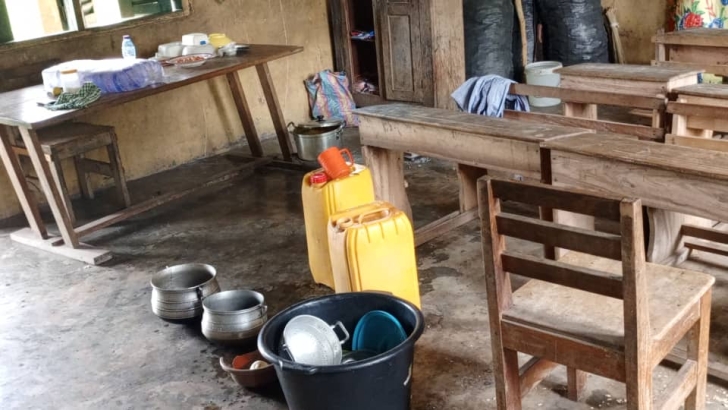
In an interview with Simon Unyan of Graphic Online, Malam Amadu Seidu, the secretary of the Samso D/A Basic School’s School Management Committee (SMC), repeated same worries.
He attacked the governments that have come before it for not doing enough for the neighborhood, pointing out that it is difficult for teachers to stay in the area when there are no basic amenities like cell networks or electricity.
“Lack of electricity and mobile networks affects us in so many ways,” Seidu explained.
“Even in emergencies, we struggle to call for help. We can’t send or receive mobile money here, so we’re forced to travel long distances, spending as much as GH¢70 just to access basic services in Agogo. This is a heavy burden on our community—we need urgent assistance.”
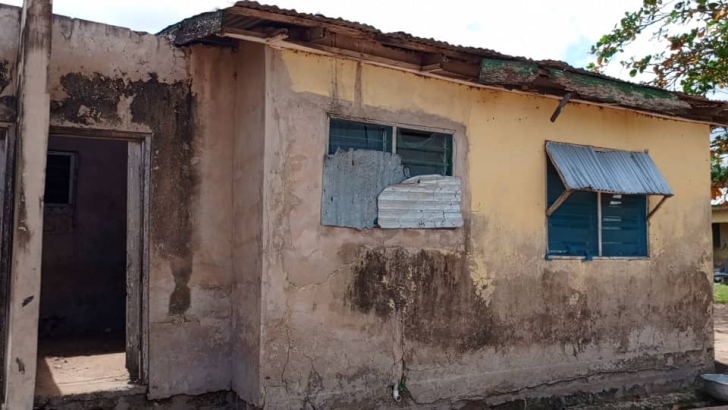
Students are struggling due to a lack of infrastructure. Form-one student Sulemana Mohammed said they rely on torches because there’s no electricity, making it hard to study or use computers for ICT. He urged the government to provide electricity and mobile networks to improve their education. The Ghana National Association of Teachers (GNAT) also called for investment in rural educational infrastructure, warning that without it, retaining teachers and improving student outcomes will be difficult.
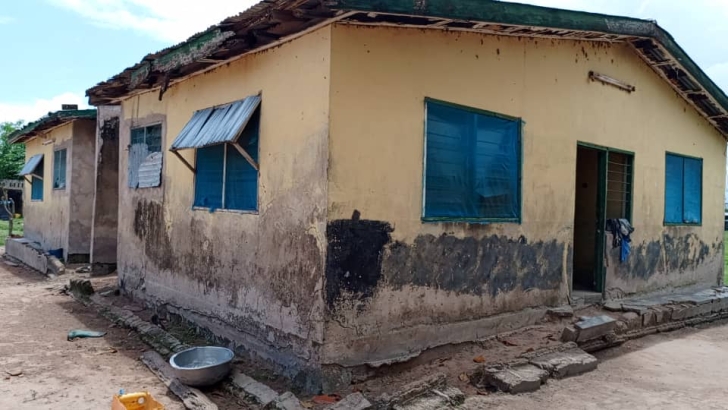
Read Also: One Student Injured As Classroom Shed Collapses In Sissala East

